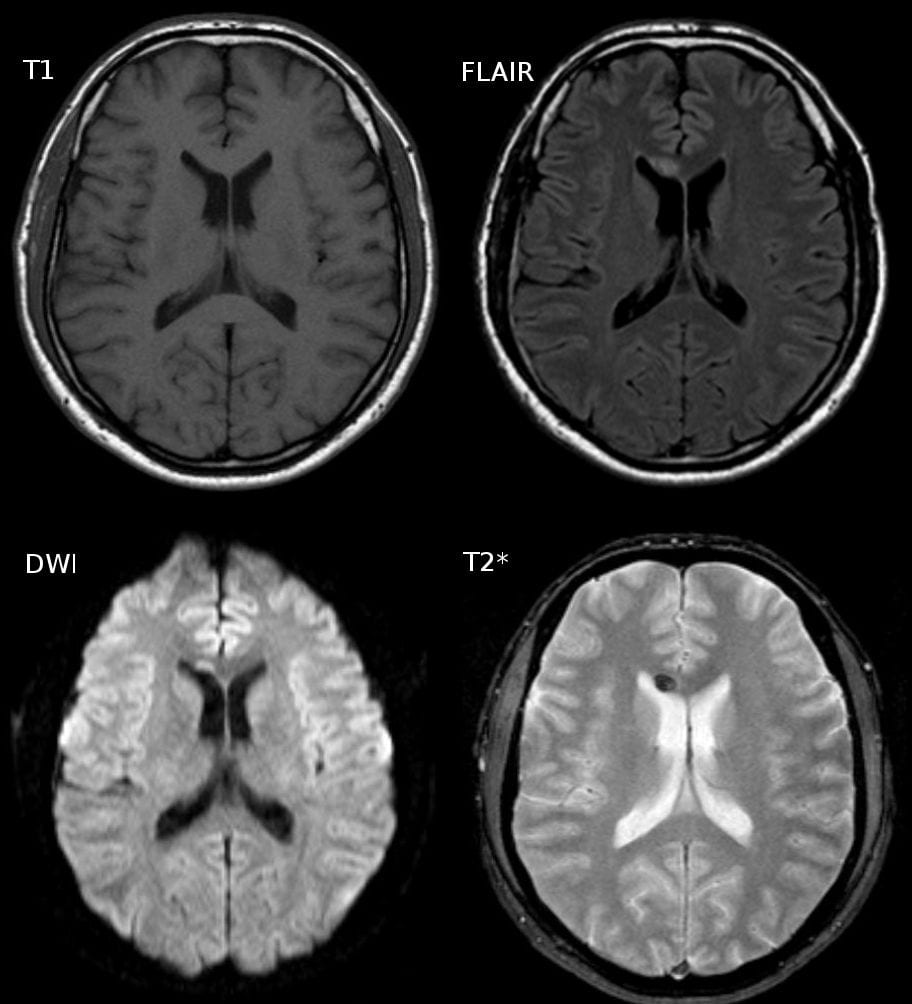Traumatic brain injury or TBI accounts for approximately 30 percent of deaths related to injury in the US. Such an injury is usually caused by blows or bumps to a person’s head. TBI also occurs due to intense forces like a car accident. Though not all blows to the head may lead to TBI, when a person has a concussion, a mild injury, the individual must undergo medical care and appropriate treatment. Then, you will find loads of misconceptions surrounding TBI.
According to an article on Cdc.gov, TBI is the main cause of disability and death in the US. Therefore, debunking the myths or fallacies surrounding TBI will help you to make informed decisions in case of brain injury. Read on to learn more.
Myth 1: No loss of consciousness, no TBI
Many people think if a victim does not lose consciousness, it means no brain injury. The reality is in a mild injury, one may not lose consciousness; however, the injured individual might feel dazed, disoriented, or perplexed. As far as mild brain injury is concerned, it might affect the brain cells for a short period, while severe TBI cases can lead to torn tissues, bruising, physical damage to the brain, and bleeding.
Myth 2: The impact of TBI is instant
Most people think that all brain injuries have immediate effect leading to symptoms like loss of memory, change a person’s personality, poor cognitive abilities, and things like that. The truth is that the effects of TBI are not always instant. A person after the accident may feel conscious and seem in fine health. Problems may occur after some hours of the accident.
Myth 3: Helmets prevent severe TBI
One of the myths about TBI is that helmets help in averting severe TBI. Helmets will protect the head from incisive wounds and act as a cushion to reduce the impact of a forceful blow. That does not mean that helmets will protect accident victims from severe injuries in the head. A helmet may signify the difference between crash survival and not surviving the accident. It does not mean that helmets will ensure complete head protection.
For location, you can refer:
Myth 4: Mild TBI will not have a long-lasting impact
TBI impact differs. Some people may have a concussion or mild brain injury, while others may manifest post-concussion syndrome. It may last for several months and sometimes, a year or more. Then, only 10 percent of TBI victims may develop the syndrome. The result could be permanent if the victim fails to recover within three years.
Myth 5: A victim will show gradual improvement
Many people believe that all kinds of TBIs are curable and people gradually heal. The truth is every TBI case is different and healing time differs from one person to the other. The healing depends on the severity, victim’s health and age, and impact of TBIs.
Conclusion
If you or someone you know is a victim of TBI, get legal counsel from an experienced lawyer to fight your case for receiving fair compensation.


Join the conversation!